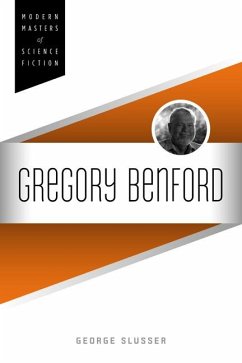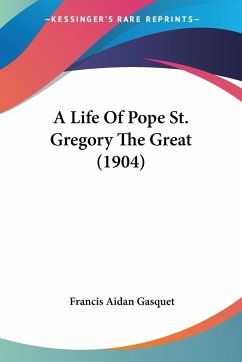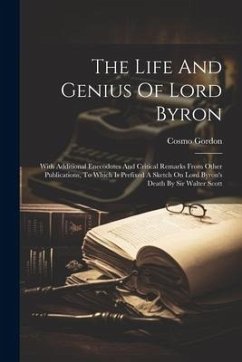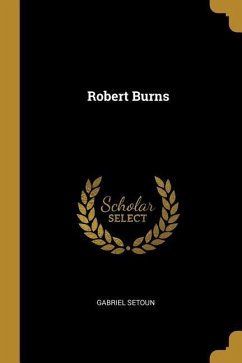Nicht lieferbar
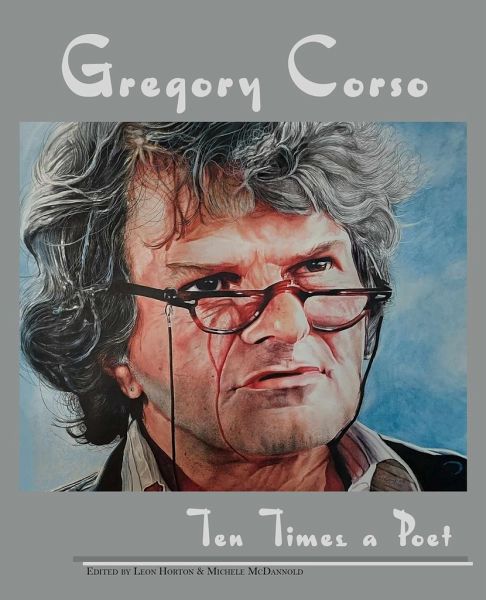
Gregory Corso
Ten Times a Poet
Herausgeber: McDannold, Michele
Versandkostenfrei!
Nicht lieferbar
After Jack Kerouac, Allen Ginsberg and William Burroughs, Gregory Corso (1930-2001) was the fourth "Daddy" of the socio-literary movement they called the Beat Generation. Those "angel-headed hipsters" who came to prominence in the 1950s were the voice of a disaffected generation of renegades, rebels, and rabble-rousers in the post-war conservative years of President Eisenhower. They'd had enough of conformity, they weren't going to take it anymore, and they blew just as loud and as deep as their beloved jazz music. With contributions from such Beat luminaries as Anne Waldman, Gerald Nicosia, E...
After Jack Kerouac, Allen Ginsberg and William Burroughs, Gregory Corso (1930-2001) was the fourth "Daddy" of the socio-literary movement they called the Beat Generation. Those "angel-headed hipsters" who came to prominence in the 1950s were the voice of a disaffected generation of renegades, rebels, and rabble-rousers in the post-war conservative years of President Eisenhower. They'd had enough of conformity, they weren't going to take it anymore, and they blew just as loud and as deep as their beloved jazz music. With contributions from such Beat luminaries as Anne Waldman, Gerald Nicosia, Ed Sanders, Rosemary Manno, Neeli Cherkovski, Ron Whitehead, Kaye McDonough, Chris Felver, and many others, Gregory Corso: Ten Times a Poet is a visual and literary feast in celebration of the life and work of the legendary poet. From his traumatic childhood in New York to his incarceration in Clinton Prison, from his adventures in Greece to his escapades in Rome, from the cradle to the crypt, from his own lips, Gregory Corso didn't just write poetry - he lived it, with every fiber of his being. "Composed of memoir, poems, biography, interviews, and literary criticism, Gregory Corso: Ten Times a Poet celebrates and explores the contradictions and brilliance of a misunderstood street bard and visual artist. This fresh appraisal of Corso, which fills in biographical gaps, tells new stories, and appraises his verse, is a reminder that he never stopped being a poet even when his reputation preceded his artistry. As the writers gathered here attest, Corso's description of poetry as "risked and fevered thinking" belies his mastery of form. His poems were a "refinement of beauty out of a destructive atmosphere," as Allen Ginsberg put it, in which death, humor, truth, and beauty, love, laugh and brawl."-Douglas Field, author of Walking in the Dark: James Baldwin, My Father, and me.






